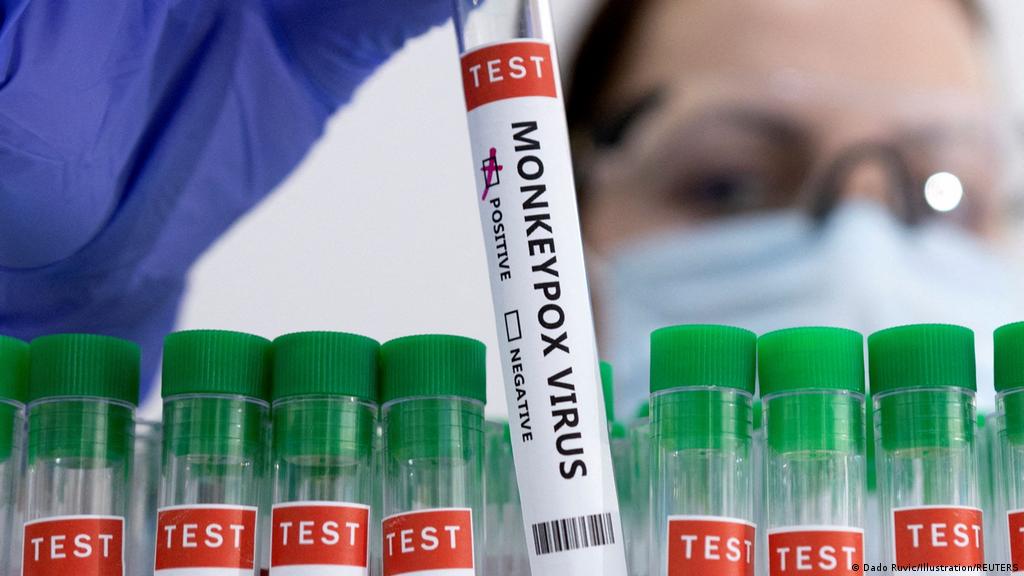The danger of monkeypox spreading among Cypriot society is real, warned the Health Ministry on Monday. Cyprus has so far reported four cases, all in August.
Talking to Phileleftheros daily, the ministry’s communication officer, Konstantinos Athanasiou, said: “The danger is there. That is why the World Health Organisation has sounded the alarm over monkeypox.
“We, as Cyprus, since the first report last May, have drawn up special protocols so that we would be ready”.
Athanasiou said Cyprus’ health authorities have dealt with around 15 suspicious incidents, four of which have been confirmed.
He appealed to the public to be careful in their contacts and not hesitate to call their general practitioner in case they spot any symptoms.
He said the GP would then evaluate whether the case would need to be hospitalised or remain in isolation at home.
“GPs will be in charge of releasing the patients once lesions on the skin have cleared up,” said Athanasiou.
In the latest monkeypox case confirmed in Cyprus, a 46-year-old man has been released from hospital and will continue his treatment at home in isolation.
Athanasiou said that Cyprus is one of the first EU countries to roll out a vaccination scheme for monkeypox after receiving some 1,260 doses.
The vaccine is offered to health workers handling monkeypox cases and close contacts of known cases.
EU Commissioner for Health Stella Kyriakides urged member states to strengthen their vaccination coverage for COVID-19 ahead of an expected spike in cases in Autumn and Winter.
In an interview for the Financial Times, Kyriakides said that states must double their efforts regarding vaccinations this summer “despite the understandable pandemic fatigue of the population”.
“We need to increase vaccinations, we need to expand coverage of booster vaccines, and we need to ensure that health systems are ready to deal with future waves,” Kyriakides said in the interview.
Before April 2022, monkeypox virus infection in humans was seldom reported outside African regions where it is endemic. Currently, cases are occurring worldwide, with Europe at the epicentre of the latest outbreak.
Monkeypox is spread predominantly through close, skin-to-skin contact.
This can include sexual activity but also kissing, hugging, touching and other non-intimate direct contact.
The virus can spread through an infected person’s lesions, scabs, bodily fluids, respiratory secretions or contaminated materials, such as bedding, clothing or towels.










